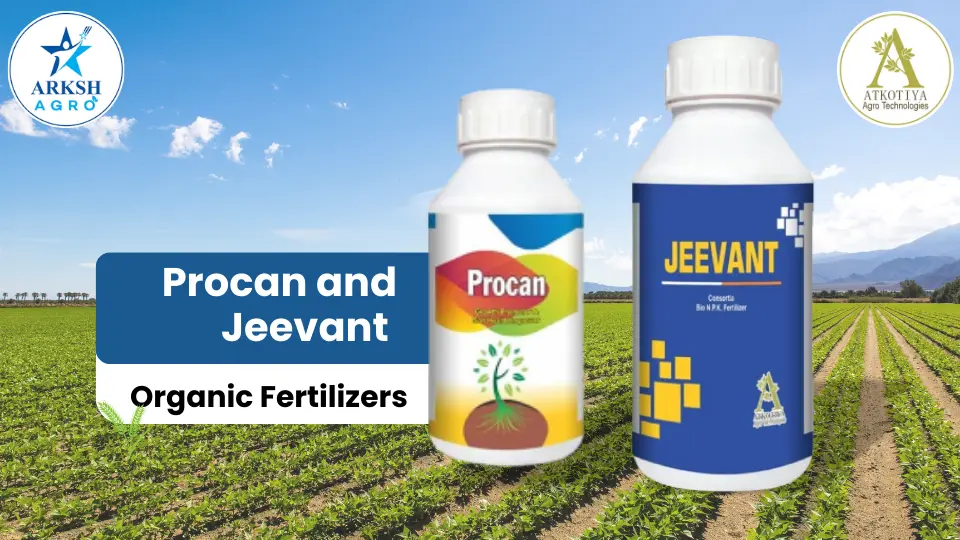
In recent years, a calm but revolutionary shift has been taking root across Nepal’s fields. As concerns about soil health, food safety, and environmental damage continue to
increase, more Nepali farmers are adopting a more natural way of cultivating crops—organic farming in Nepal is no longer just a trend; it’s becoming a need.
From the stepped hillsides of Palpa to the fertile plains of Terai, this return to traditional, chemical-free farming is changing how we grow our food.
But what’s driving this change, and what do farmers need to know to join the movement?
Why Organic Farming Is Gaining Ground in Nepal
There’s no denying it—traditional farming practices over the last few decades have had a big impact.
Yes, they increased yields, but they also harmed soil health and led to a reliance on imported chemical inputs.
Many Nepali farmers are now seeing the long-term cost: lower fertility, pest resistance, and decreasing quality of produce.
That’s where organic farming steps in. It focuses on natural methods to feed the soil and protect crops.
Even more promising is that Nepali consumers are ready to pay a little more for food that is safe, chemical-free, and healthy.
Farmers who once hesitated to switch are now reconsidering after seeing higher demand at local markets and organic outlets.
The government has also started supporting such a revolution through offering subsidies on organic inputs, as well as supporting village cooperatives.
In districts like Kavre and Lamjung, organic farming training programs are already running. Awareness is increasing, and hence Nepal has an organic agricultural community.
The Role of Organic Fertilizers in Sustainable Agriculture
One of the most important elements in organic farming is the use of organic fertilizers. Unlike synthetic fertilizers, which provide a short-term nutrient boost, organic fertilizers improve the soil over time.
They increase microbial activity, soil moisture, and create long-term fertility.
In Nepal, farmers commonly use compost made from household or farm waste, vermicompost created with the help of earthworms, and liquid bio-fertilizers like Jeevamrut or cow urine-based solutions.
These natural inputs help plants grow steadily and healthily without the need for synthetic boosters.
The products of Atkotiya are also becoming popular among Nepali farmers. Their range of organic solutions—from microbial boosters to herbal pest repellents—is safe, easy to use, and locally available.
If you're serious about making the switch, investing in organic fertilizer in Nepal is a solid first step.
Most Common Organic Fertilizers Used by Nepali Farmers
Across different regions of Nepal, farmers have been returning to age-old wisdom—using what the land already gives them.
The following are among the most commonly used organic fertilizers:
- Cow Dung Compost: A traditional favorite, this helps enrich the soil with nutrients and is widely available.
- Vermicompost: Made using earthworms, it is rich in beneficial microbes and boosts soil structure.
- Organic Liquid Fertilizers: Jeevamrut and fermented plant extracts are gaining popularity for foliar sprays as well as root dips.
- Branded Organic Fertilizers: In addition to traditional practices, farmers are now using certified organic products such as Jeevant, Olishield, Alga Aqua, Mitaphi, and Crop Verdant, which provide reliable, standardized options for sustainable farming.
These fertilizers are not only natural but also improve the health of the land over time. This makes agriculture less expensive as well as viable.
Organic Fertilizer Price in Nepal: What Farmers Should Know
One of the most common questions farmers ask is about the cost of switching to organic fertilizers. Good news? Many organic options are budget-friendly, especially when made on the farm.
- Homemade compost or Jeevamrut: Cost-effective, made with farm waste.
- Local vermicompost: Around NPR 20–30 per kg.
- Branded products: Depending on the type, packaging, and certification, prices can range from NPR 1000 to NPR 1200 per liter.
When comparing organic fertilizer prices in Nepal to chemical fertilizers, it may seem slightly higher upfront. But long-term savings on soil treatment, insect management, and crop quality can make it worth it.
For reliable suppliers, Arksh Agro is a reliable source for organic fertilizers and branded products. You can also see our latest offerings here and learn more about Atkotiya’s fertilizers and herbal solutions.
Challenges in Adopting Organic Farming in Nepal
Of course, as a transition to organic agriculture, there are always some challenges involved. The practical problems faced by most farmers:
- Limited access to quality organic inputs: Especially in remote and rural areas, reliable fertilizers or compost materials can be hard to find.
- Lack of technical information: Not all farmers are trained in manure or integrated insect management (IIM).
- Certification Obstacles: Organic certification in Nepal can be a time-consuming and misleading process.
- Market barriers: While demand is rising, finding consistent buyers or markets that pay fair prices for organic produce is still a challenge.
However, as awareness and demand continue to grow, these challenges are slowly being addressed. More co-ops, training centers, and distributors are stepping in to make organic farming more accessible.
Final Thoughts: Why Going Organic Is the Future of Nepali Agriculture
Today, by embracing biological practices, we are simply reviving which once fertile and keeps our food safe. Yes, the switch can be difficult in the beginning. But with a little patience and the right guidance, it pays off, both in terms of crop quality and the health of your land.
More importantly, the market is changing. Whether it is a family purchasing organic vegetables or the demand for exporters seeking chemical-free yield, it is clear.
This is why the use of Atkotiya organic farming products, available in Arksh Agro, helps farmers get started confidently and sustainably.
So, if you are thinking about going organic, consider the long-term benefits and use products that are safe for both your land and your future. For cheap and reliable solutions, find out the best organic agricultural products in Nepal with Arksh Agro today.
FAQs
1. What is organic farming, and how is it practiced in Nepal?
Organic farming in Nepal uses natural methods like compost, vermicompost, and Jeevamrut instead of chemicals. Farmers practice crop rotation and traditional soil care to grow safe, healthy food while protecting the land’s long-term fertility.
2. Why is organic farming important in Nepal?
It improves soil health, reduces pollution, and produces safer food. As demand grows for chemical-free crops, organic farming supports sustainable livelihoods and protects Nepal’s diverse environment, especially in hilly and vulnerable farming zones.
3. What are the main challenges of organic farming in Nepal?
Challenges include a lack of organic inputs, limited technical knowledge, difficult certification, and poor market access. However, co-ops, training, and organic brands like Atkotiya are helping farmers overcome these barriers sustainably.
4. Are there any government subsidies or support for organic farming in Nepal?
Yes, the government offers subsidies for compost, training, and local support through agriculture offices. Some districts, like Kavre, already run programs to promote organic practices and reduce chemical dependence.
5. Where can I buy organic fertilizers and inputs in Nepal?
You can find organic fertilizers in agri-stores, cooperatives, or through reliable suppliers like Arksh Agro, which distributes Atkotiya organic farming products across Nepal both online and offline.




.png)
.png)





.webp)


.png)

.png)